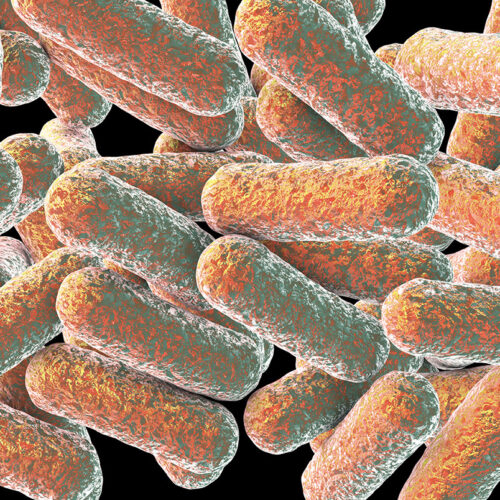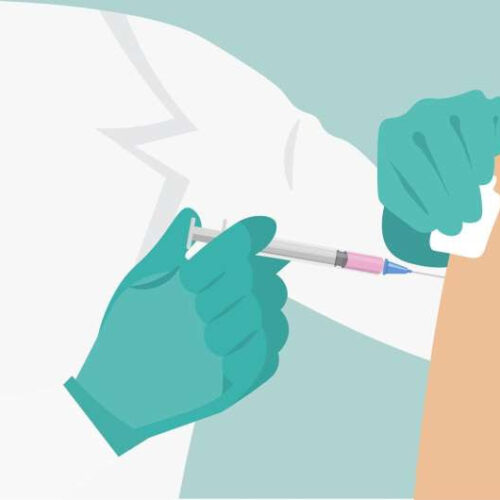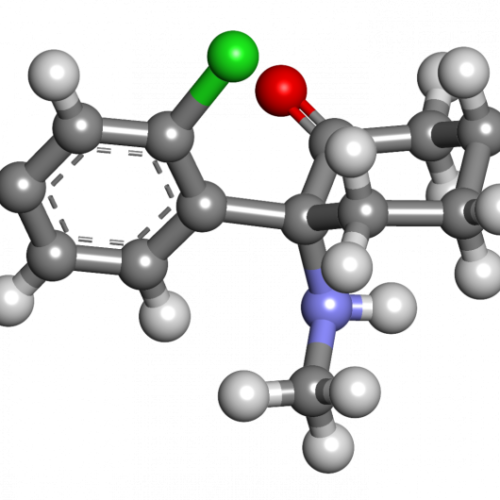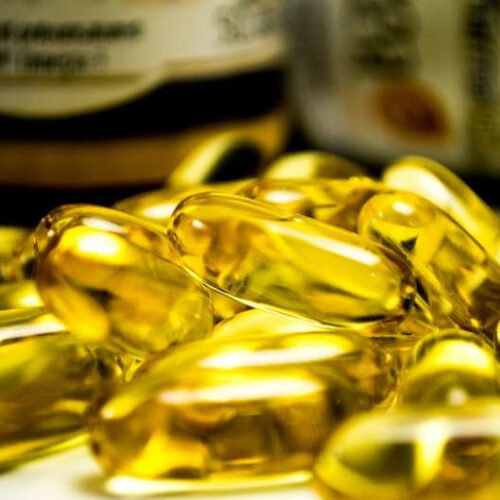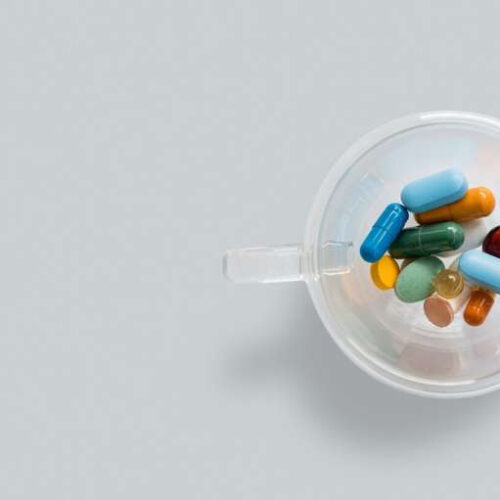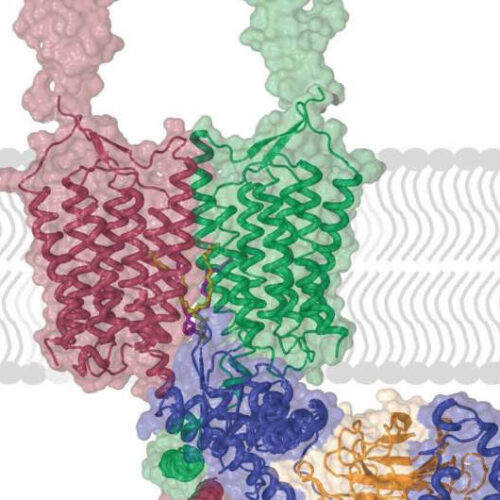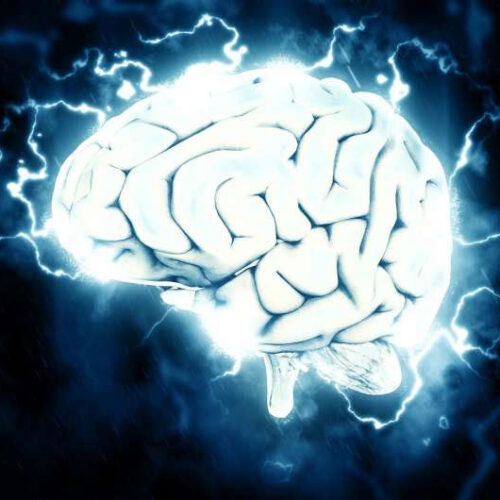4 FEB 2022 4:45 PM BY ELIZABETH PENNISI A study involving thousands of people has identified this bacterium, Morganella, as a possible cause of depression. KATERYNA KON/SCIENCE SOURCE The trillions of bacteria in and on our bodies can bolster our health and contribute to disease, but just which microbes are the key actors has been elusive....
Tag: <span>Depression</span>
An effectiveness study to guide the treatment of depression in adolescents
by Elsevier Credit: Pixabay/CC0 Public Domain A study in the Journal of the American Academy of Child and Adolescent Psychiatry(JAACAP), published by Elsevier, reports that, combinatorial pharmacogenetics-guided treatment did not demonstrate improved outcomes for adolescents with depression compared to those who received treatment as usual. Further research however is needed to determine how single medication-gene pairs...
People suffering from depression susceptive to vaccine-related misinformation
by Rutgers University Credit: Pixabay/CC0 Public Domain People who feel depressed are more likely to believe vaccine-related misinformation, according to a new study coauthored by a Rutgers researcher during a time when depression rates are higher due to the COVID-19 pandemic. The study, published in the Journal of the American Medical Association Network Open, found that people with...
Ketamine therapy swiftly reduces depression and suicidal thoughts
by University of Exeter 3-D model of Ketamine. Credit: Wikipedia Ketamine therapy has a swift short-term effect on reducing symptoms of depression and suicidal thoughts, according to a review of all the available evidence. A systematic review led by the University of Exeter and funded by the Medical Research Council analyzed evidence from 83 published research papers. The strongest...
Clinical trial reveals that omega-3 fish oil supplements do not help prevent depression
by Massachusetts General Hospital Credit: CC0 Public Domain Results from the largest clinical trial of its kind do not support the use of fish oil supplements—a source of omega-3 fatty acid—to help prevent depression. The findings are published in JAMA by a team led by investigators at Massachusetts General Hospital (MGH) and Brigham and Women’s Hospital (BWH). Experts...
Prescribe fewer antidepressants, and for shorter periods, doctors advised
by British Medical Journal Credit: Unsplash/CC0 Public Domain Doctors should prescribe fewer antidepressants and for shorter periods of time, because of the ongoing uncertainties about their effectiveness and the potential severity and durability of the withdrawal symptoms associated with them, suggests a review of the evidence on antidepressant use, published online in the Drug and Therapeutics Bulletin....
Computer-, smartphone-based treatments effective at reducing symptoms of depression
by American Psychological Association Credit: CC0 Public Domain Computer- and smartphone-based treatments appear to be effective in reducing symptoms of depression, and while it remains unclear whether they are as effective as face-to-face psychotherapy, they offer a promising alternative to address the growing mental health needs spawned by the COVID-19 pandemic, according to research published by...
Chronic stress and depression boost this brain receptor; a new study maps out how to block it
by The Scripps Research Institute Cryo-EM cartoon rendition of the structure of a brain receptor linked to depression, shown with its signaling complex. The assembly is called GPR158-RGS7-G5. The GPR158 protomers are shown in green and raspberry colors, RGS7 in blue and G5 in orange. The lipid bilayer is gray. Image courtesy of Martemyanov lab, Scripps...
STANFORD SCIENTISTS SAY BRAIN MAGNETS CAN RELIEVE DEPRESSION
Researchers at the Stanford University School of Medicine say that they were able to treat depression in patients by stimulating their brains with magnets. In a study published on Friday, the researchers found that nearly 80 percent of patients had experienced remission of their depression after the procedure, which is called Stanford neuromodulation therapy (SNT). The technique...
Experimental depression treatment is nearly 80% effective in controlled study
by Mandy Erickson, Stanford University Medical Center Credit: Pixabay/CC0 Public Domain A new type of magnetic brain stimulation brought rapid remission to almost 80% of participants with severe depression in a study conducted at the Stanford University School of Medicine. The treatment, known as Stanford accelerated intelligent neuromodulation therapy (SAINT) or simply Stanford neuromodulation therapy, is an...

